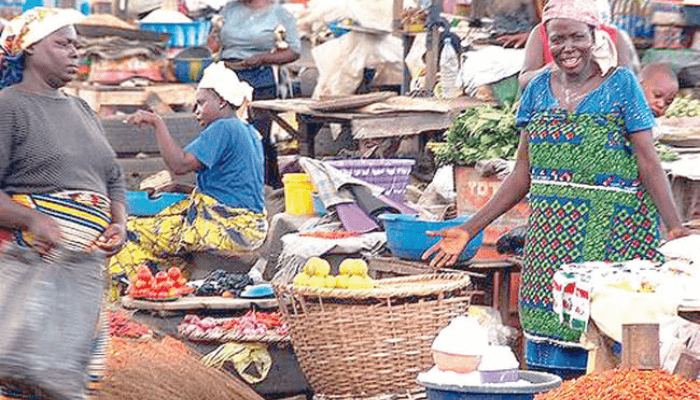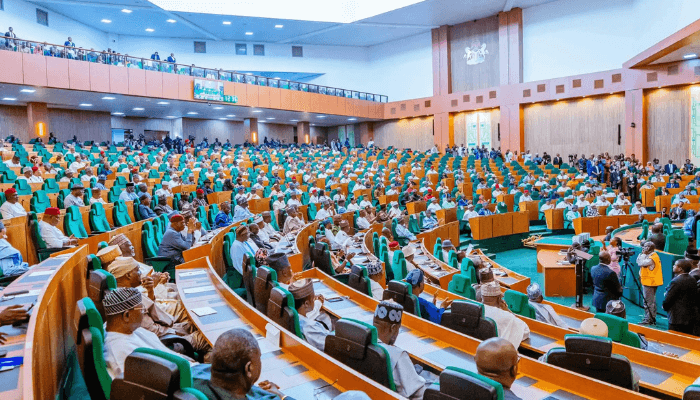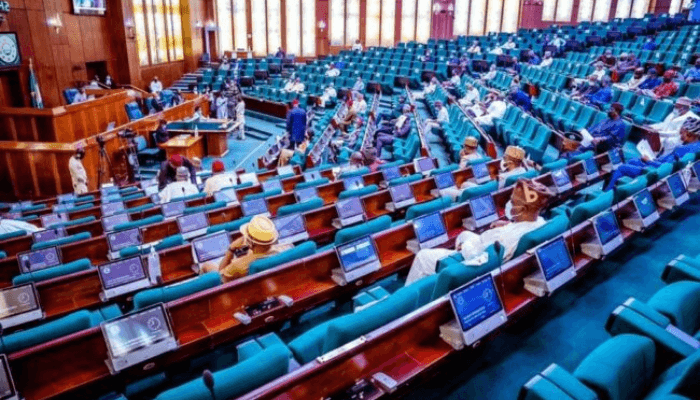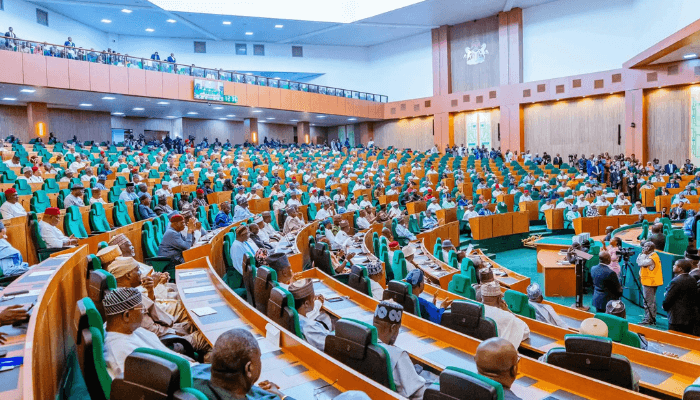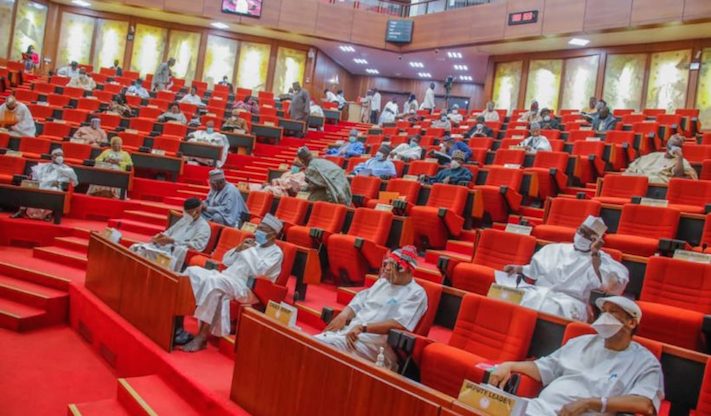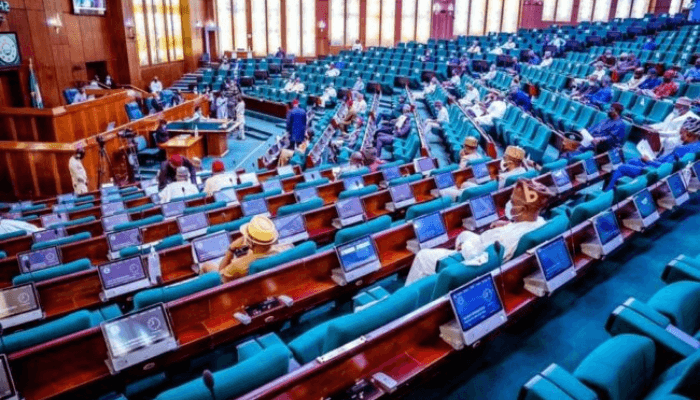Common man will suffer, in inefficient global economy, argues RAJENDRA ANEJA
“Our leaders have forgotten us,” moans Monica, a school-teacher in Canada. “How will I manage my household expenses, if everything becomes more expensive, due to higher import taxes? Why are many leaders trying to bring each other to their knees? The higher prices will cause me pain,” she adds. America is revising duties to 25 percent, on products from México, Canada and China. There could be reciprocals.
The tariff tug-of-wars will make products more expensive for the ordinary people in these countries. Tariffs of 15-25 percent cannot be absorbed by the exporters or importers.
Canada and America had imposed a 100 percent duty on electric vehicles and 25 percent on steel and aluminium from China. In retaliation, China has imposed 100 percent tariffs on rapeseed and pea imports from Canada. It has also levied 25 percent duties on imports of some seafoods.
The importers will pass on these additional levies to the consumers through higher prices. Eventually, products at the shops or supermarkets will become more expensive. Then, the poorer consumers will be compelled to reduce consumption.
Many Western countries are already reeling from inflations. The new levies will further fuel the inflationary spiral. It will exacerbate the woes of the underprivileged.
The world has become stratified, between the upper-middle classes and the rich, versus the destitute. The affluent classes do not even know the price of milk, bread, butter or cauliflowers. Their servants’ shop, cook and serve. However, the deprived segments get mauled by every miniscule price increase. They feel the impact if the price of flour or cooking oil increase by even five percent. Therefore, any blanket increases in tariffs by countries, can severely depress consumption among the lower-middle class and the poor.
There are reports that spending by American consumers is declining due to tariff concerns and market volatility. The Financial Times, 17 March reports, “Traffic to US fast-food restaurants was down 2.8 per cent in February, according to Revenue Management Solutions, with visits at breakfast time dropping by double digits. ‘It’s the easiest meal to make at home or skip entirely,” the consultancy said.”’
It is wise to buy conservatively, to save money for future exigencies. However, protracted cut-backs of purchasing harms the economy. Money lubricates an economy.
A sharp increase in tariffs, across products group, will also create unemployment. The loss of jobs will be across all countries.
Due to escalating tariffs in the importing countries, the demand for products will decline due to high prices. When the demand falls, the countries exporting the products, will scale-back their production. They may even have to shut some production lines or factories. Then many workers may lose jobs. When products move across countries, many people are employed in the supply chain. There are truck drivers and staff in shipping and warehousing, employed in the movement of goods from one country to another. When exports decline or stop, these jobs may disappear.
Consumers get habituated to the tastes, flavours and aromas of the products they consume daily. There are everyday products like milk, butter, cream, yoghurt, fresh vegetables, fruits, meat, sea-food, alcoholic drinks, etc., which consumers are habituated to. These products move between countries.
There is a comfort factor in the brands and products, with which a person is familiar. Many expatriates even after staying for years in a new country, pine for their own home-country brands of biscuits or chilli-ketchup. Their palates miss specific tastes and favours.
If the choice brands of consumers, become very expensive suddenly due to tariffs, they have to search for alternatives. Sure, they will find them. Butter, cheese, meat products, etc., are daily use items. Substitutes for these basics are always available. However, the human palate takes time to adjust to new tastes and flavours.
So, is it worth putting millions of consumers through the inconvenience of getting used to new brands or new substitutes, by raising tariffs radically? Citizens are consumers too. We should respect their palates, taste-preferences and brand loyalties. The first job of any government, should be to make the life of its people comfortable and easy.
High tariff rates of 20-25 percent, will sound the death-knell of globalisation. In the last three decades there has been an attempt to make the world a unified entity, by encouraging the free flow of people and goods between countries. If each country fortifies its boundaries forcefully, it is good-bye to globalisation. The world will become insular. The resources of the world will not be deployed efficiently. We live in an inter-dependent world. No country is an island by itself, in our world.
The progress of a country, depends on optimum use of all its resources, whether land, water, people and even factories. The decline in consumption in the importing countries and demand in the exporting countries, will lead to production-cuts. So, we will have factories operating at lower capacities. Now, factories involve investments in lands, machines, equipment, etc. When factories operate at low capacities, they remain idle for some time. Thus, high tariff rates can result in unutilised factory capacities. Since these factories run at low capacities the costs of production increase sharply. Production facilities are wasted.
Governments should heed economists, before taking major economic and fiscal decisions. In fact, they should listen to economists who disagree strongly with them. From vibrantly opposite viewpoints, will emerge workable decisions, which benefit the country and do not hurt the deprived.
Thus, high tariff rates will fuel price escalations and inflation, lower consumption, result in production cuts, inefficient use of factories, inconvenience consumers, create unemployment and lower growth rates. All this will lead to recessions in many countries. There will be goods available for purchase, but not in the relevant markets. There will be no consumers to buy them.
Tariff wars are not a tennis match between Federer and Nadal, to be relished. They can trigger a global recession and augment joblessness and poverty.
Aneja was the Managing Director of Unilever Tanzania. He is an alumnus of Harvard Business School and the author of “Rural Marketing Across Countries.” He writes from Mumbai, India










